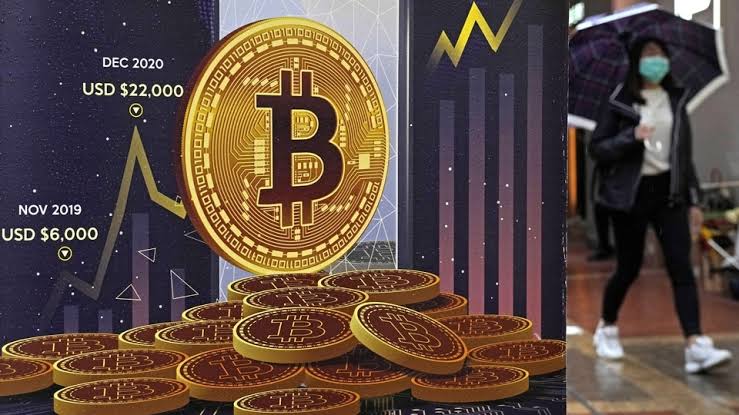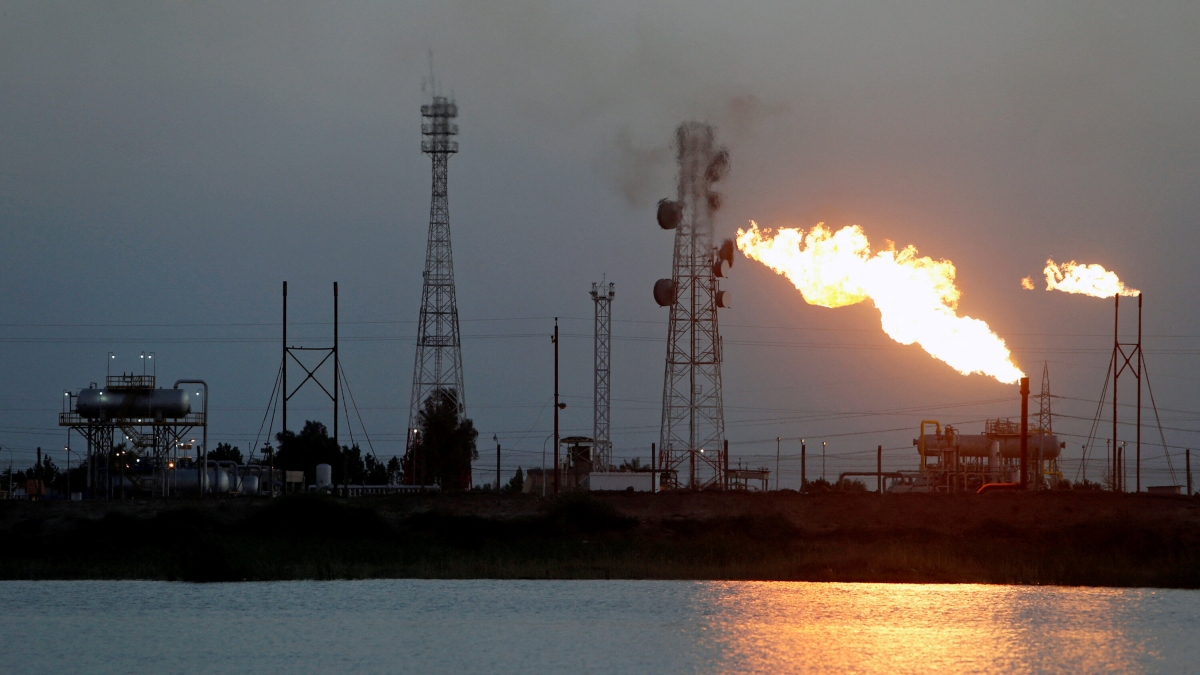World Bracing for Palm Oil Shortage

Indonesia, which is responsible for producing 60% of the world’s palm oil, has banned exports of the product due to inflation and supply concerns.
The export ban has ratcheted up the pressure on worldwide prices of food and cooking oil, which were already on their way up due to pandemic-induced supply chain snags, the war in Ukraine, and poor harvests due to bad weather.
On Thursday, palm oil futures in Malaysia, the global benchmark for prices, rose nearly 10% as demand spiked after supply was cut off.
Palm oil is a crucial part of the global food chain. It is used for cooking and manufacturing such foods as bread and sweet confectionery. The oil is also a key ingredient in biofuel and a range of cosmetics.
Indonesian authorities explained that the ban was necessary to ensure the “availability of cooking oil in the domestic market becomes abundant and affordable.”
Many analysts expect the ban to contribute to food insecurity around the world at a time when the situation is already tenuous because of several other factors.
What does this mean for me?
Analysts warned that food shortages could be one of the inevitable results of Russia’s invasion of Ukraine. These fears are coming to bear as nations demonstrate they will consider their own interests before others when supply chains tighten.
For the commodities investor, palm oil prices will be high for as long as the ban is in force. Naturally, palm oil substitutes will also increase in price as food manufacturers seek alternatives.
المزيد من الاخبار

Bitcoin Climbs to Highest Level Since Mid-August

Hong Kong Cracks Down on Crypto Firms Claiming to Be Banks

Investment In Solar Power to Beat Oil For First Time

Gold Approaches All-Time Highs as Banking Worries Increase

Oil Prices Jump after OPEC+ Producers Announce Unexpected Cuts

Oil Prices Rebound on Hopes of Increased China Demand

Europe Avoids Energy Crisis as Natural Gas Prices Fall to 18-Month Low
